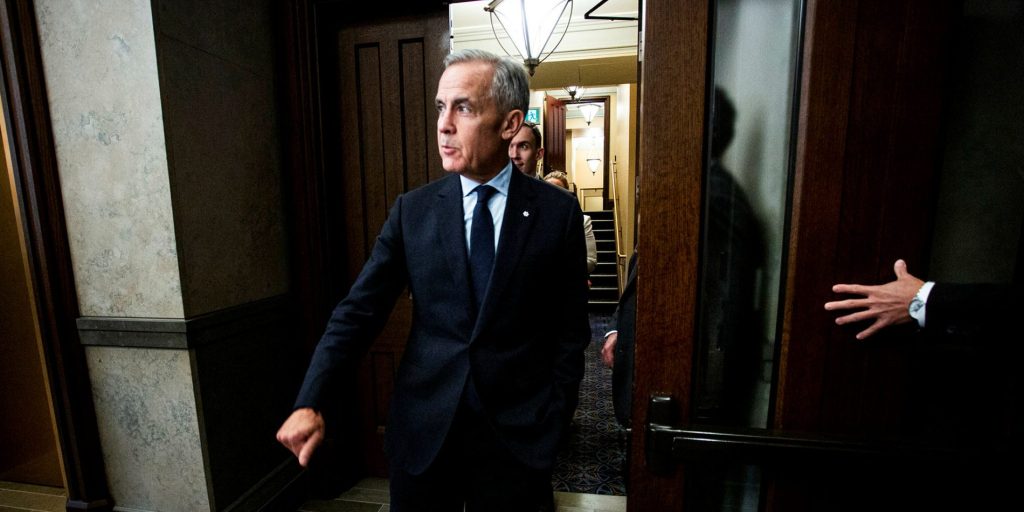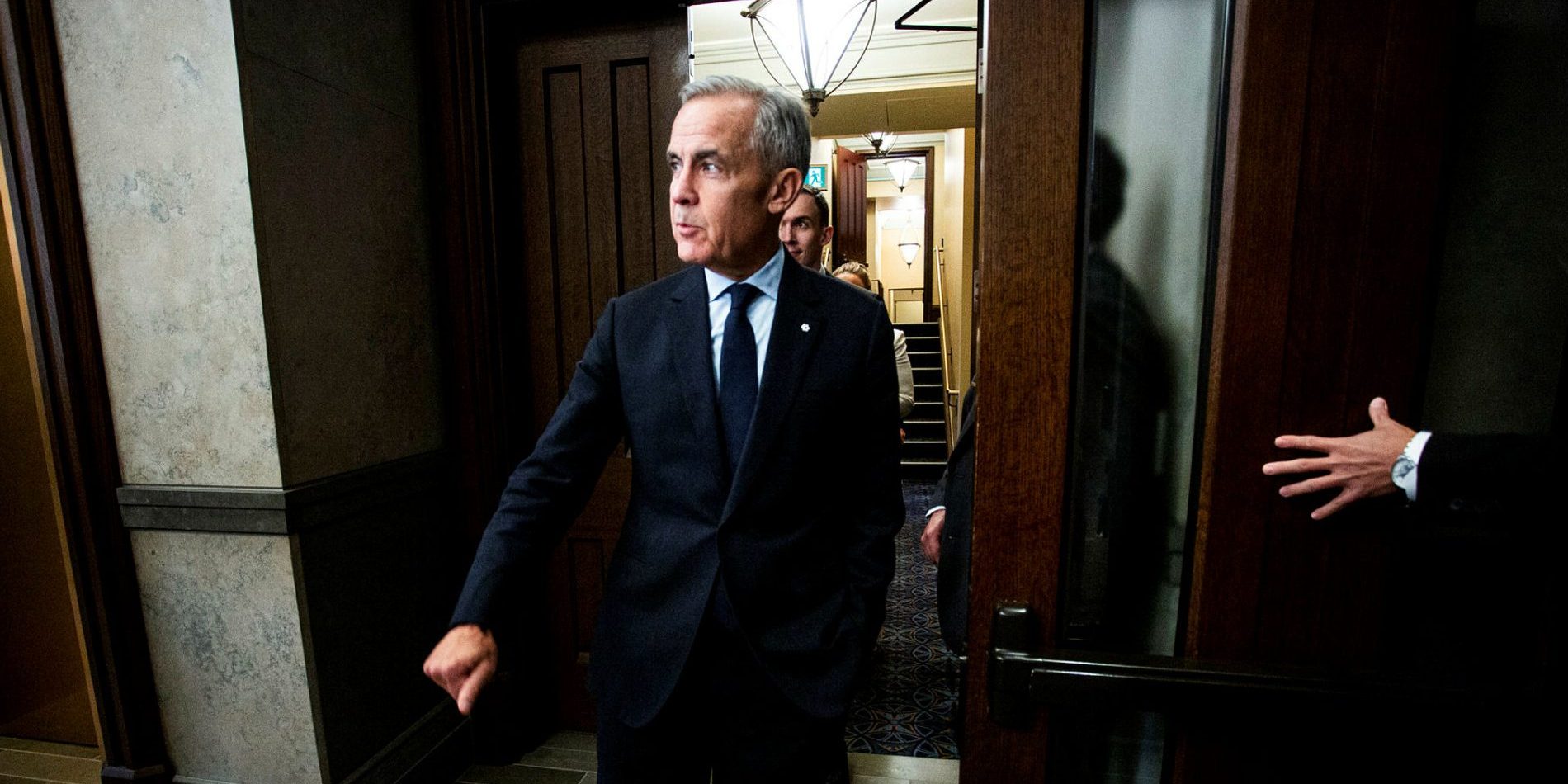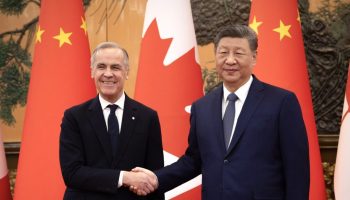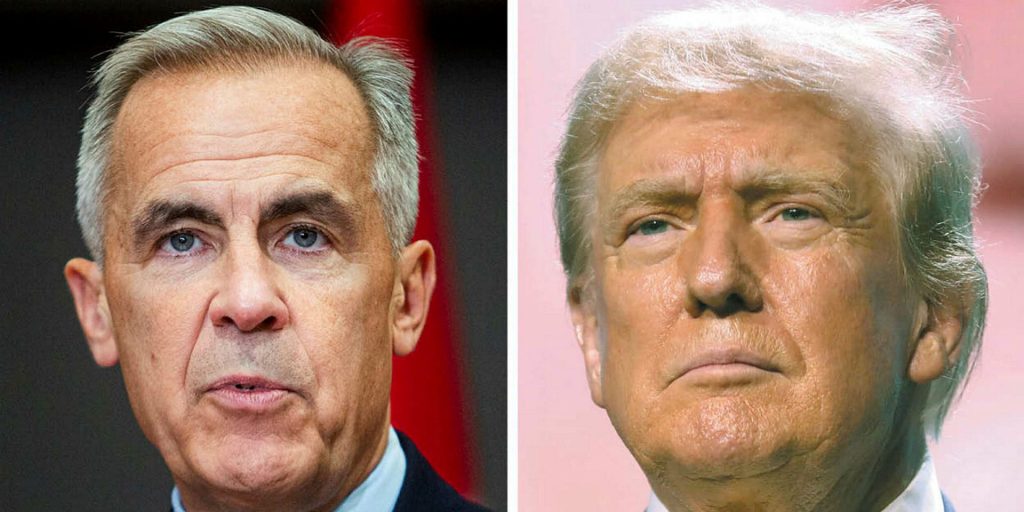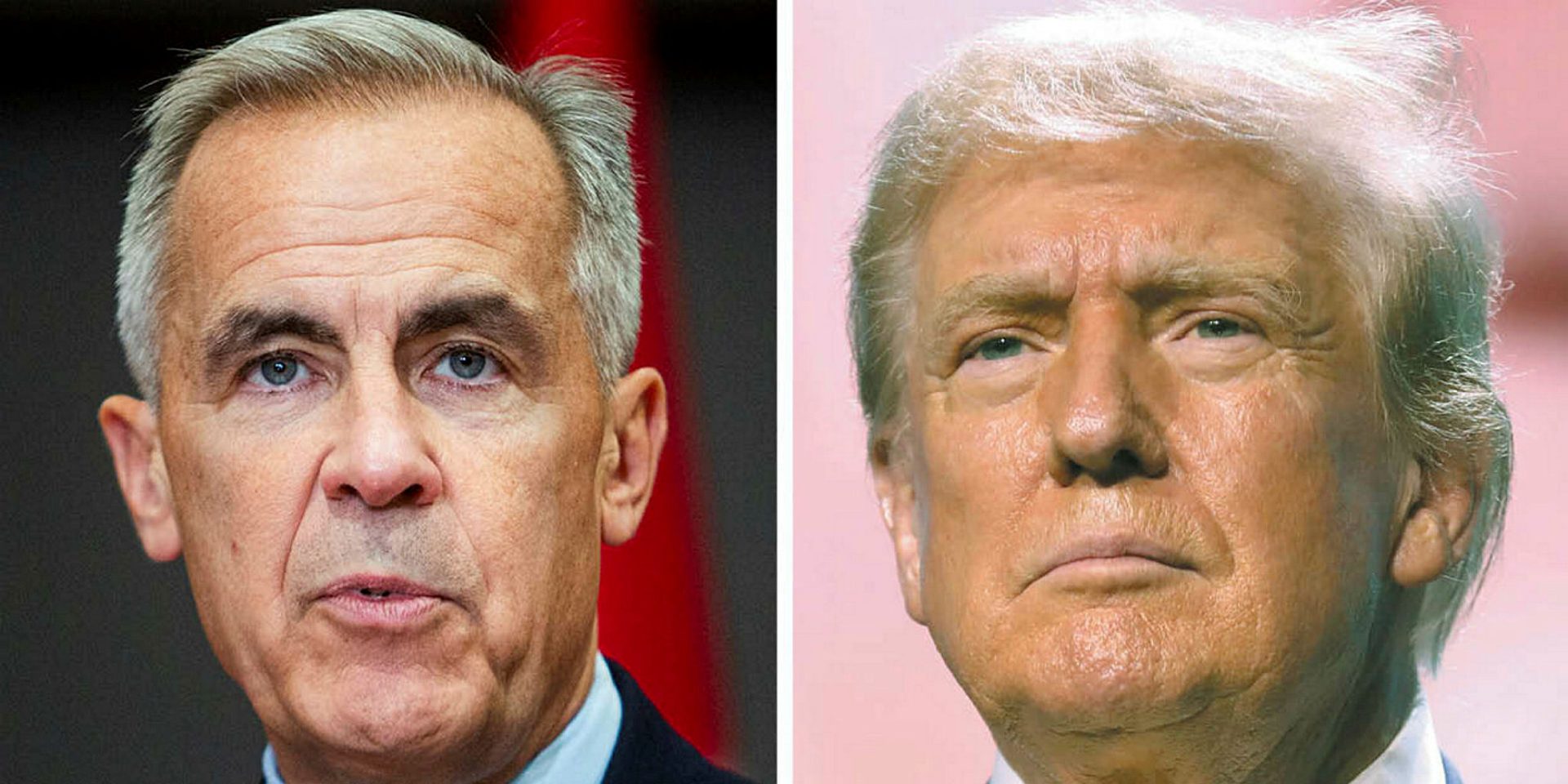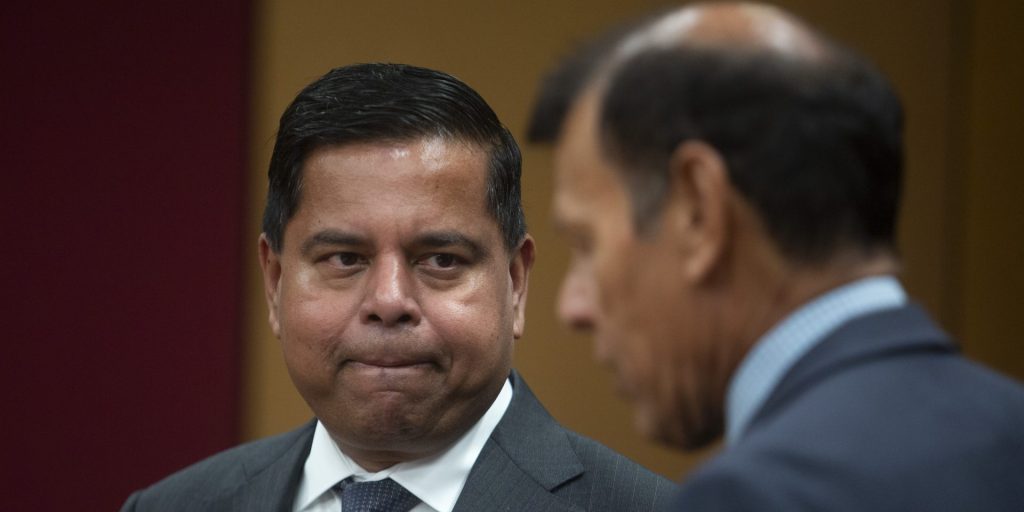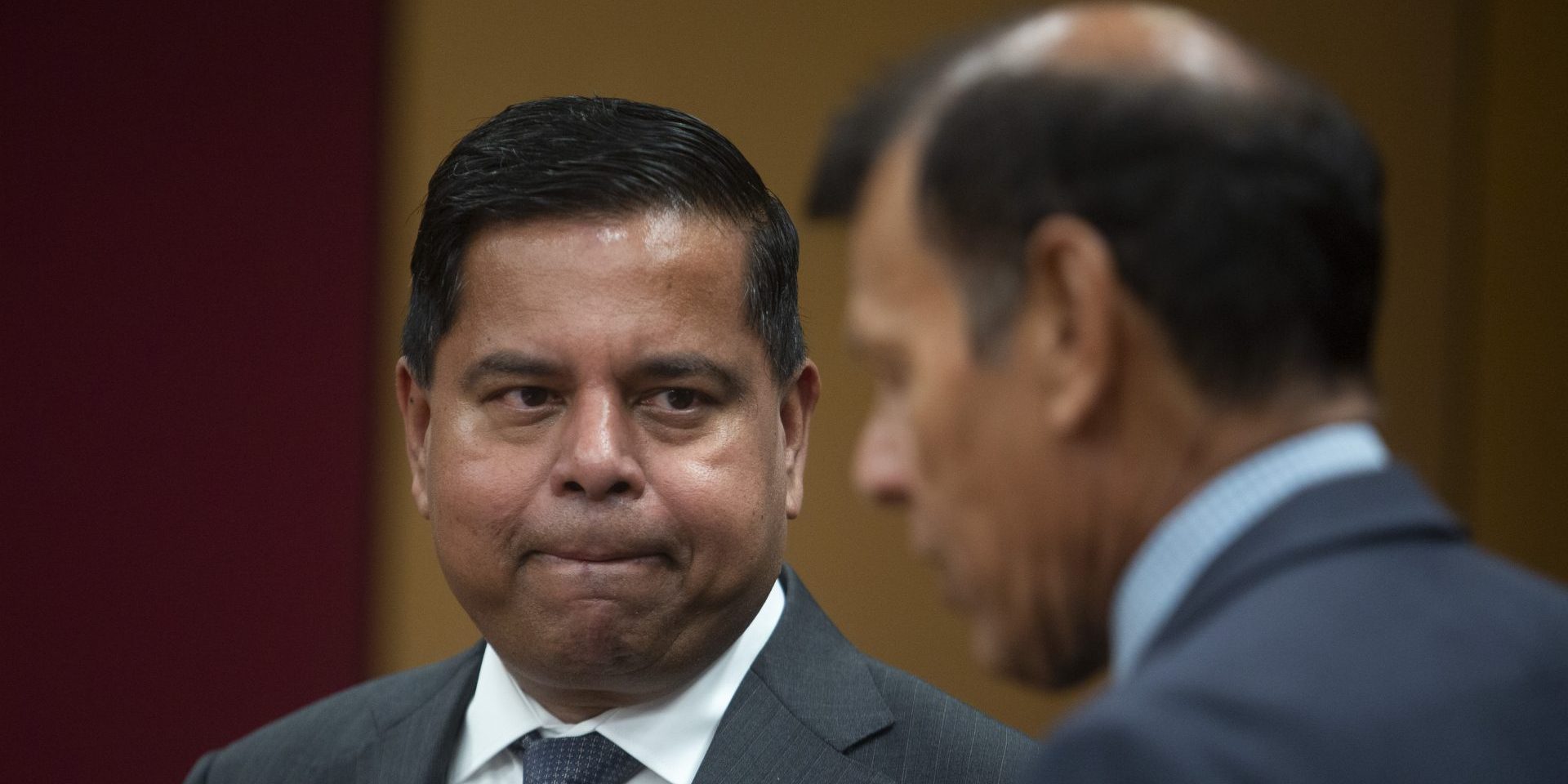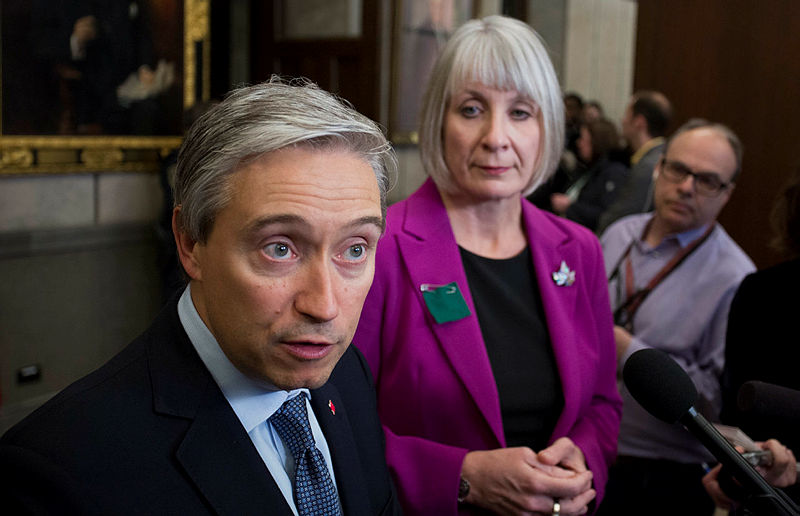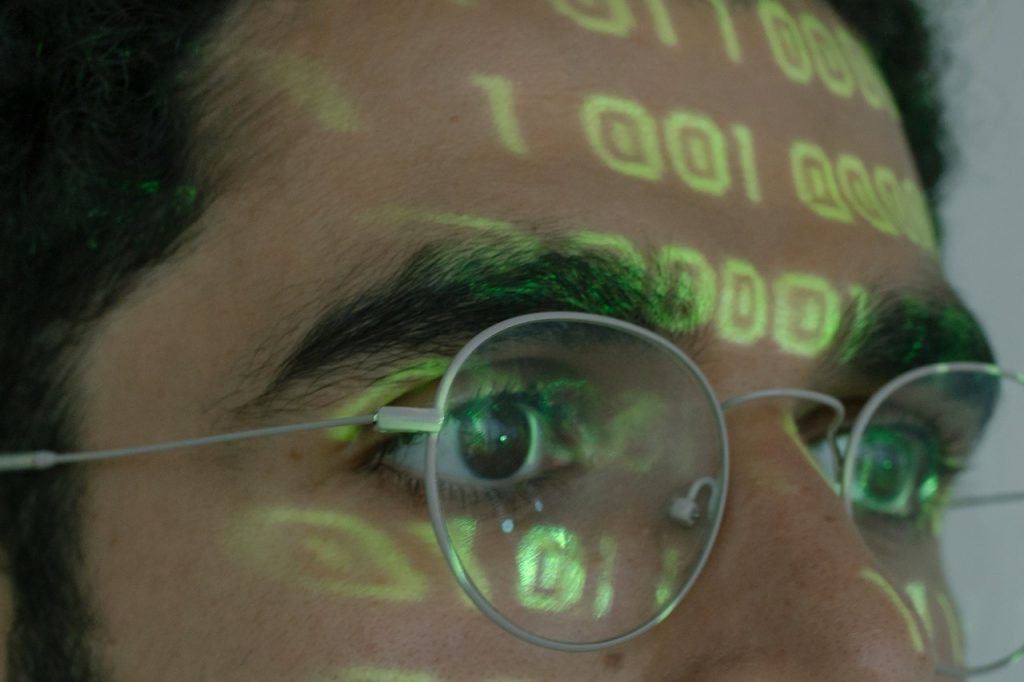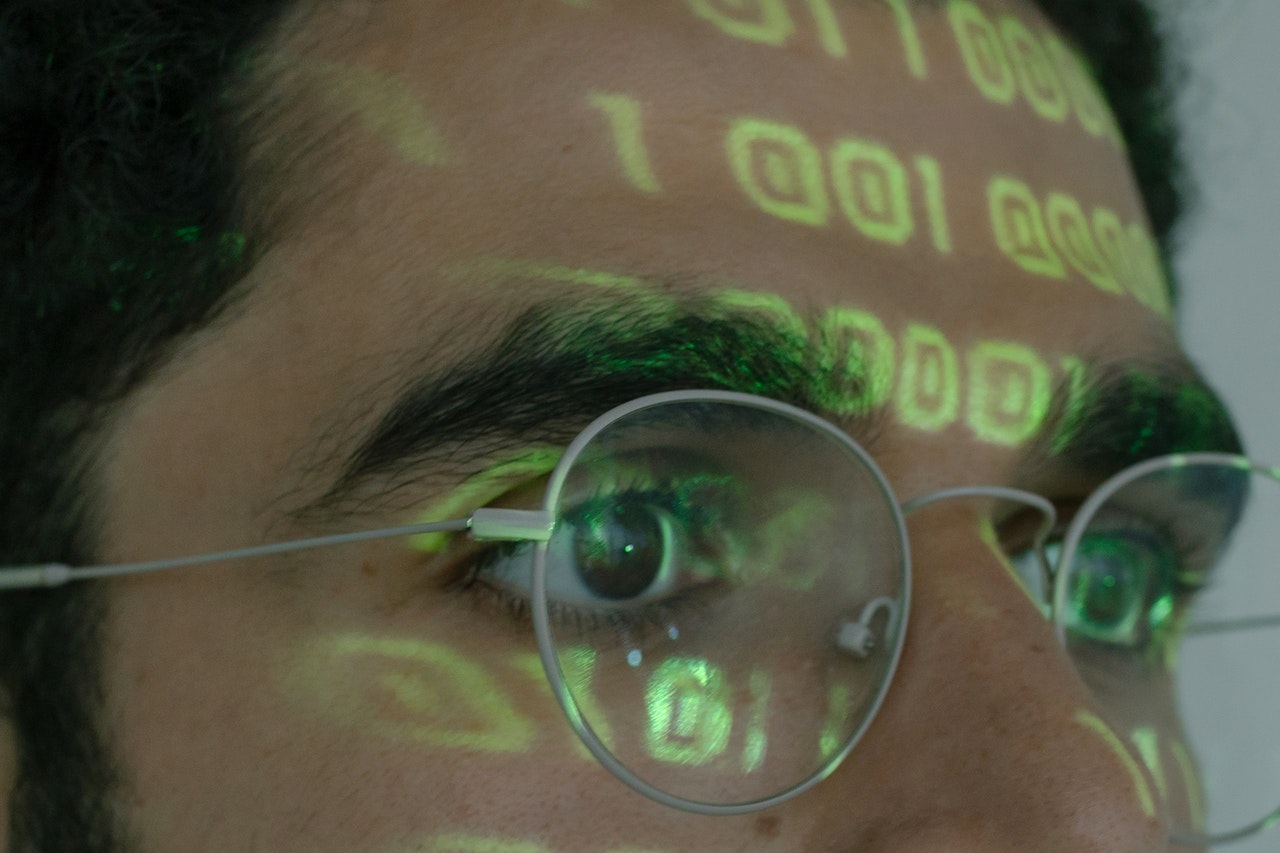Cybersecurity
- Canada needs to bolster its national security apparatus. That’s not a compelling reason to launch a new agency, which would be a disruptive, time consuming, and costly machinery change.
- Canada needs to bolster its national security apparatus. That’s not a compelling reason to launch a new agency, which would be a disruptive, time consuming, and costly machinery change.
Become a Political Insider
Sign up for Today's Headlines newsletter now
By entering your email address you consent to receive email from The Hill Times containing news, analysis, updates and offers. You may unsubscribe at any time. See our privacy policy
- The Conservative Party must release the findings of its internal investigation, including how the data breach occurred, who was responsible, and what accountability measures

- The Conservative Party must release the findings of its internal investigation, including how the data breach occurred, who was responsible, and what accountability measures
- The Conservative Party must release the findings of its internal investigation, including how the data breach occurred, who was responsible, and what accountability measures
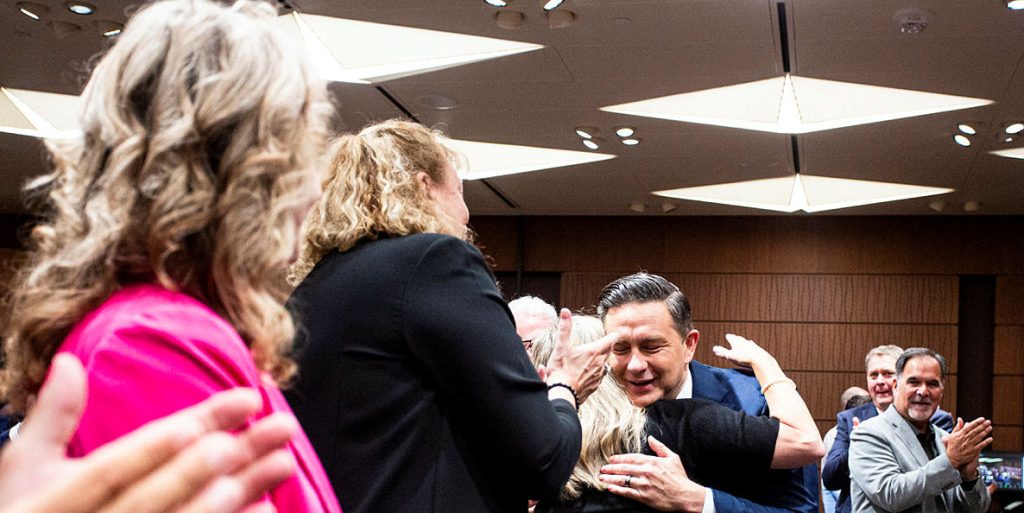
- As U.S. President Donald Trump upends decades of progress in the world, it also creates an opportunity for Canada to show global leadership, says
- As U.S. President Donald Trump upends decades of progress in the world, it also creates an opportunity for Canada to show global leadership, says
- As U.S. President Donald Trump upends decades of progress in the world, it also creates an opportunity for Canada to show global leadership, says
- In beefing up cybersecurity, Bill C-8 ‘does not authorize warrantless access to Canadians’ personal data,’ says Public Safety Minister Gary Anandasangaree.
- In beefing up cybersecurity, Bill C-8 ‘does not authorize warrantless access to Canadians’ personal data,’ says Public Safety Minister Gary Anandasangaree.
- In beefing up cybersecurity, Bill C-8 ‘does not authorize warrantless access to Canadians’ personal data,’ says Public Safety Minister Gary Anandasangaree.
- While solid cyber security systems were developed to protect government networks and systems, Auditor General Karen Hogan found not all departments, agencies, and Crown

- While solid cyber security systems were developed to protect government networks and systems, Auditor General Karen Hogan found not all departments, agencies, and Crown
- While solid cyber security systems were developed to protect government networks and systems, Auditor General Karen Hogan found not all departments, agencies, and Crown

- Bill C-8 establishes a protection regime for federally regulated sectors, and should be treated as a generational opportunity to replace chalk lines with mathematics.
- Bill C-8 establishes a protection regime for federally regulated sectors, and should be treated as a generational opportunity to replace chalk lines with mathematics.
- Bill C-8 establishes a protection regime for federally regulated sectors, and should be treated as a generational opportunity to replace chalk lines with mathematics.
- The federal government must introduce a mix of legislation and policies to better protect Canadians and their personal information. On the legislative front, this
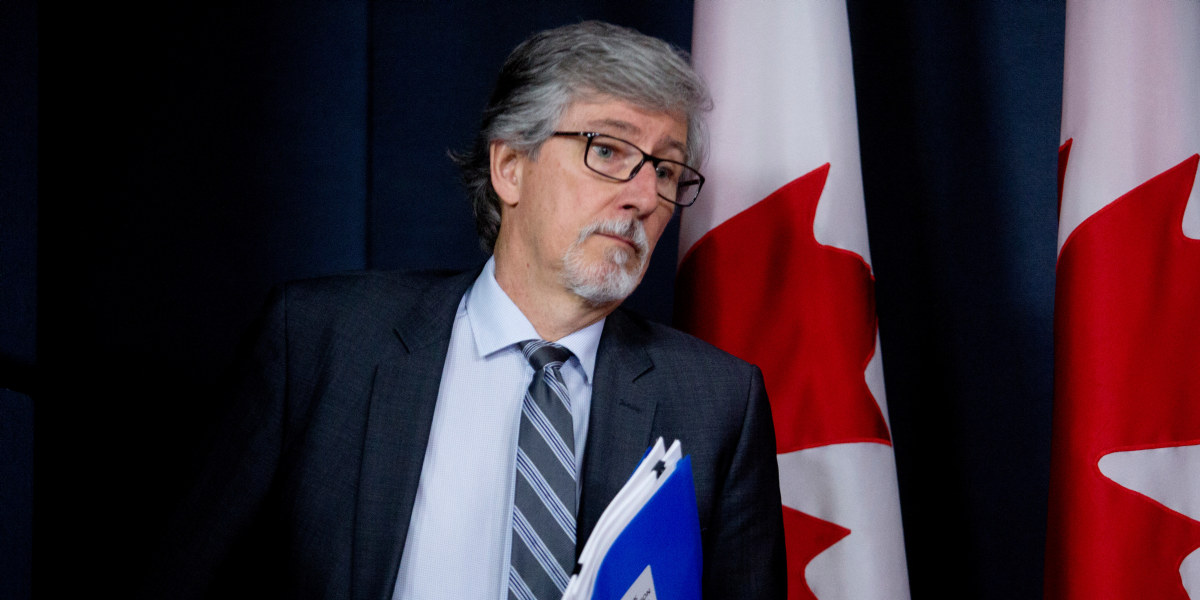
- The federal government must introduce a mix of legislation and policies to better protect Canadians and their personal information. On the legislative front, this
- The federal government must introduce a mix of legislation and policies to better protect Canadians and their personal information. On the legislative front, this
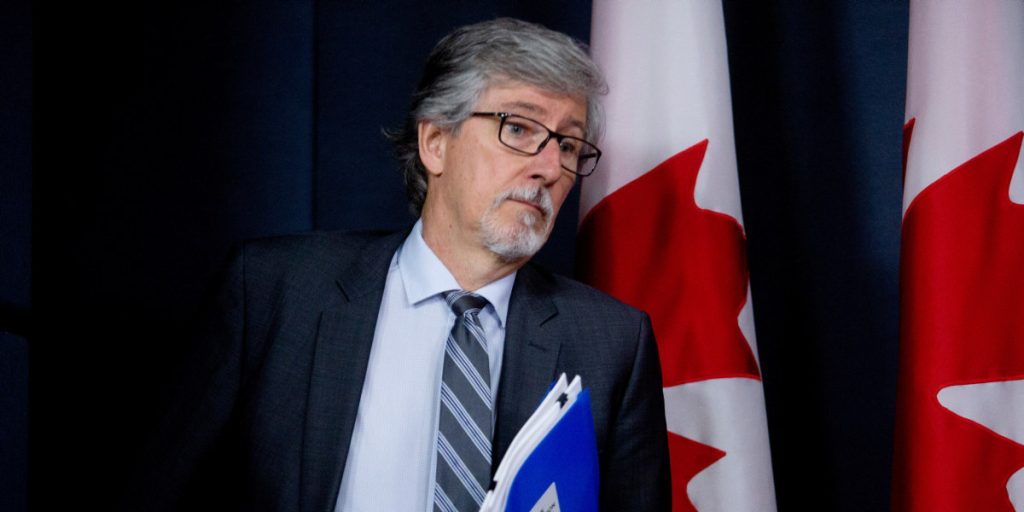
- With skyrocketing reports of phone scams, phishing attacks, and identity fraud, it’s clear: the personal data of Canadians is increasingly coveted by scammers and
- With skyrocketing reports of phone scams, phishing attacks, and identity fraud, it’s clear: the personal data of Canadians is increasingly coveted by scammers and
- With skyrocketing reports of phone scams, phishing attacks, and identity fraud, it’s clear: the personal data of Canadians is increasingly coveted by scammers and
- In the midst of an unprecedented number of cyberattacks across the world, the Canadian Chamber of Commerce says the federal government needs to invest
- In the midst of an unprecedented number of cyberattacks across the world, the Canadian Chamber of Commerce says the federal government needs to invest
- In the midst of an unprecedented number of cyberattacks across the world, the Canadian Chamber of Commerce says the federal government needs to invest
- TORONTO—Kitchener-Waterloo made a big deal out of attracting Google to set up a large R&D branch plant in an old industrial building there. Not
- TORONTO—Kitchener-Waterloo made a big deal out of attracting Google to set up a large R&D branch plant in an old industrial building there. Not
- TORONTO—Kitchener-Waterloo made a big deal out of attracting Google to set up a large R&D branch plant in an old industrial building there. Not
- More than 14 months into the COVID-19 pandemic, cybercrime is the “most prevalent, most pervasive threat to Canadians and to Canadian businesses,” as the

- More than 14 months into the COVID-19 pandemic, cybercrime is the “most prevalent, most pervasive threat to Canadians and to Canadian businesses,” as the
- More than 14 months into the COVID-19 pandemic, cybercrime is the “most prevalent, most pervasive threat to Canadians and to Canadian businesses,” as the

- Everyone wants a piece of cyber—everyone wants to talk about it, to make it part of their mandate, add it as a consideration, or

- Everyone wants a piece of cyber—everyone wants to talk about it, to make it part of their mandate, add it as a consideration, or
- Everyone wants a piece of cyber—everyone wants to talk about it, to make it part of their mandate, add it as a consideration, or

- We have seen reliable evidence and reports showing that the Chinese Communist Party (CCP) is committing crimes against humanity targeting members of the Uyghur

- We have seen reliable evidence and reports showing that the Chinese Communist Party (CCP) is committing crimes against humanity targeting members of the Uyghur
- We have seen reliable evidence and reports showing that the Chinese Communist Party (CCP) is committing crimes against humanity targeting members of the Uyghur

- It is common to hear cybersecurity experts blame users when asked to reflect on why the situation is so dire in their field, often
- It is common to hear cybersecurity experts blame users when asked to reflect on why the situation is so dire in their field, often
- It is common to hear cybersecurity experts blame users when asked to reflect on why the situation is so dire in their field, often
- Imagine that you are about to begin an important university exam. You sit down in front of your computer, already stressed because all learning
- Imagine that you are about to begin an important university exam. You sit down in front of your computer, already stressed because all learning
- Imagine that you are about to begin an important university exam. You sit down in front of your computer, already stressed because all learning
- In 2017, I returned to Canada from Sweden, where I had spent a year working on automation in mining. Shortly after my return, The
- In 2017, I returned to Canada from Sweden, where I had spent a year working on automation in mining. Shortly after my return, The
- In 2017, I returned to Canada from Sweden, where I had spent a year working on automation in mining. Shortly after my return, The
- As we navigate the COVID-19 pandemic and beyond, Canadians are now depending more than ever on reliable connectivity to stay in touch, work, and
- As we navigate the COVID-19 pandemic and beyond, Canadians are now depending more than ever on reliable connectivity to stay in touch, work, and
- As we navigate the COVID-19 pandemic and beyond, Canadians are now depending more than ever on reliable connectivity to stay in touch, work, and
- Nobel-prize winning economist Paul Krugman once quipped that “productivity isn’t everything, but in the long run it is almost everything.” He was referring to

- Nobel-prize winning economist Paul Krugman once quipped that “productivity isn’t everything, but in the long run it is almost everything.” He was referring to
- Nobel-prize winning economist Paul Krugman once quipped that “productivity isn’t everything, but in the long run it is almost everything.” He was referring to

